Paulownia Bos Deest
In this carbon farming project, the Paulownia forest works its magic multiple times on the same land.
The largest Paulownia forest in the Netherlands is located in Deest, Gelderland. Here, an area of just over 15 hectares is filled with Anna Paulowna trees (Paulownia, officially a crop species), known for their rapid growth and high carbon absorption.
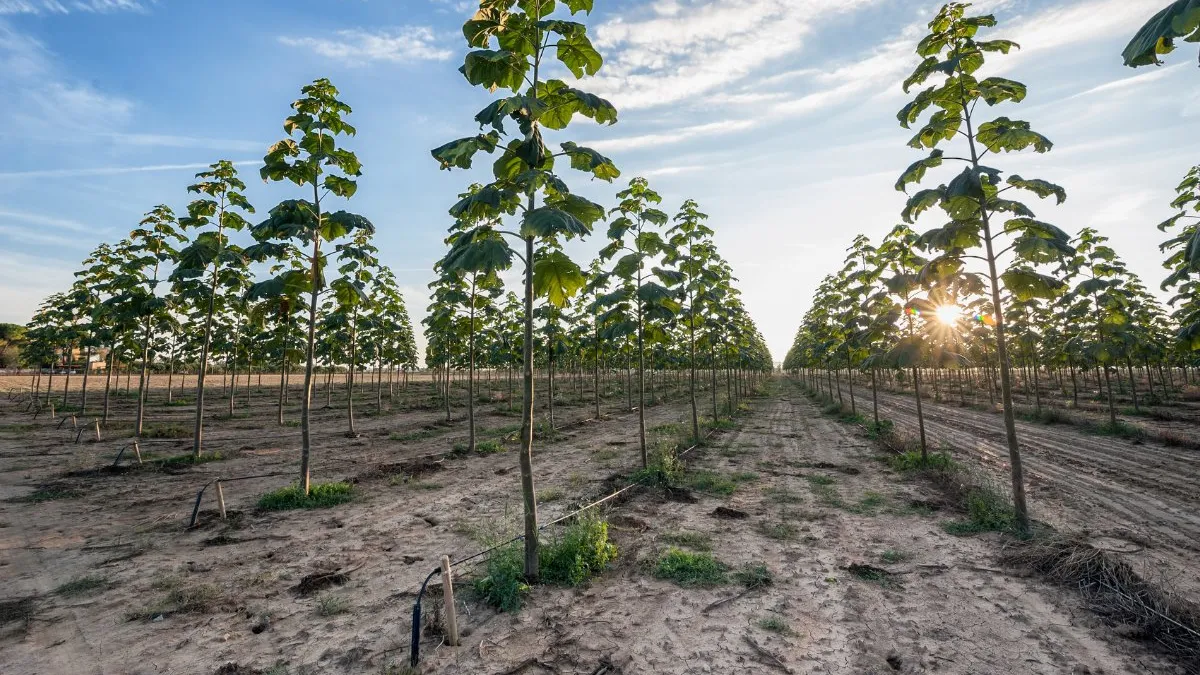
Netherlands
Project location
Carbon Farming
Project type
15+ ha
Project size
2020
Start year
Contribution to the climate
Carbon farming is the method used by the Paulownia project in Deest to extract carbon from the air. Paulownia trees are exceptionally suitable for carbon offsetting due to their remarkable growth rate. In ten years, they can grow up to ten to fifteen meters tall. During this time, they convert carbon into oxygen and store carbon in the wood. Additionally, Paulownia trees absorb nutrients from the soil, which enhances soil quality and fertility. They also prevent erosion by retaining moisture in the soil. After several years, the trees are harvested. The light, flexible wood is ideal for construction and furniture, among other uses, without releasing the stored carbon. New Paulownia trees sprout from the stumps of the harvested trees, continuing the carbon offsetting cycle.

Project organization
Management of this project
Paulownia Cultures specializes in cultivating Paulownia trees. The organization is dedicated to raising awareness about the beneficial properties of the Paulownia tree. Paulownia Cultures provides farmers in various parts of the Netherlands with the opportunity to use their land for sustainable purposes and wood production.
Project accountability
To bring carbon credits from Paulownia Cultures to the market, the project has undergone the following steps:
Project developer Paulownia Cultures conducted a feasibility study to assess whether the project could issue carbon credits for carbon offsetting.
Paulownia Cultures registered the project with ONCRA.
An auditor validated the project documents and the carbon removal claims.
ONCRA issued the first batch of carbon offsetting certificates to Paulownia Cultures. Ecommit then purchased carbon offsetting certificates from this project. All data and transactions are available in the ONCRA register.
Every three years, a monitor takes soil samples, and satellite data is used to verify the above-ground carbon storage.

Enabled by carbon credits
Contribute to this project
In the carbon farming project in Deest, the Paulownia forest repeatedly works its magic on the same piece of land. This results in high carbon absorption and significant wood production. The project is made possible by the issuance of carbon credits. By purchasing carbon credits for your company, you support this project and contribute to reducing the amount of carbon in the atmosphere.
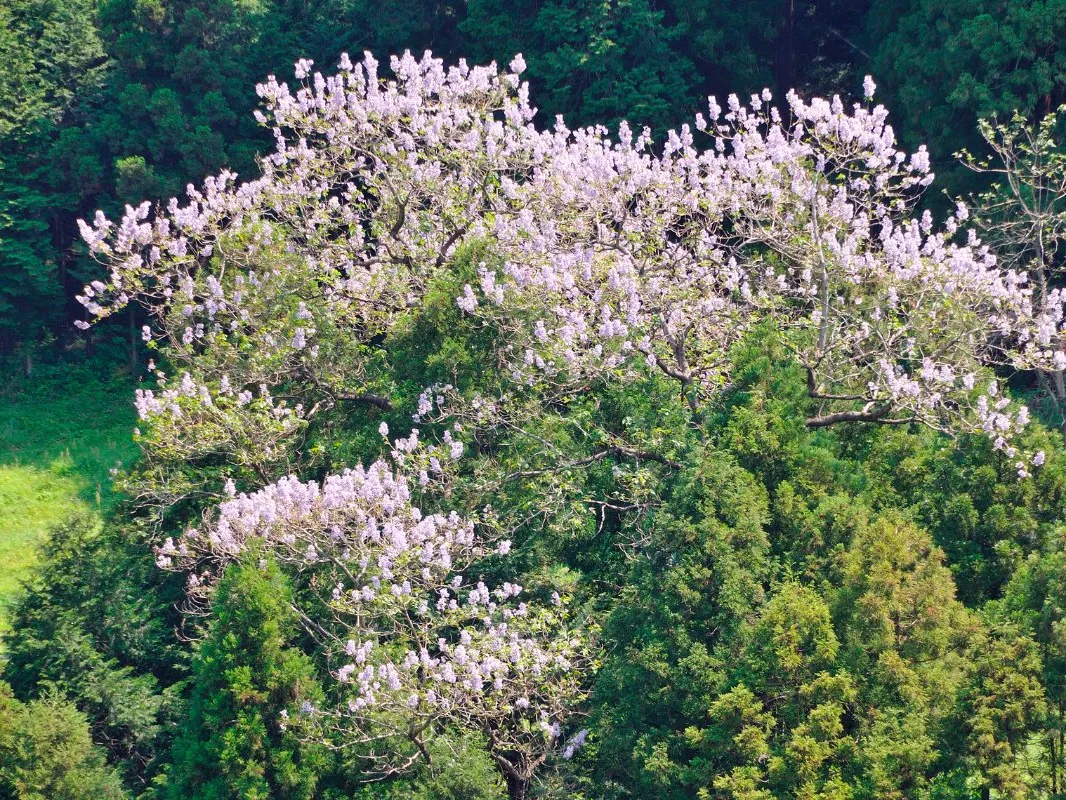
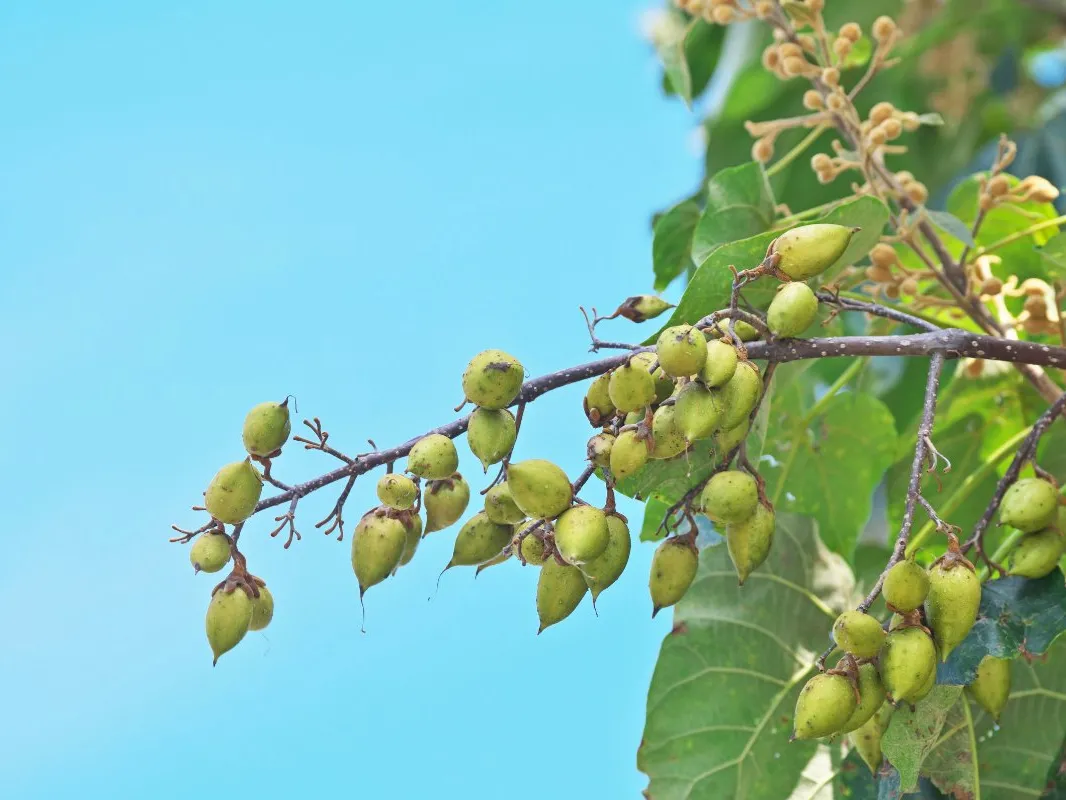
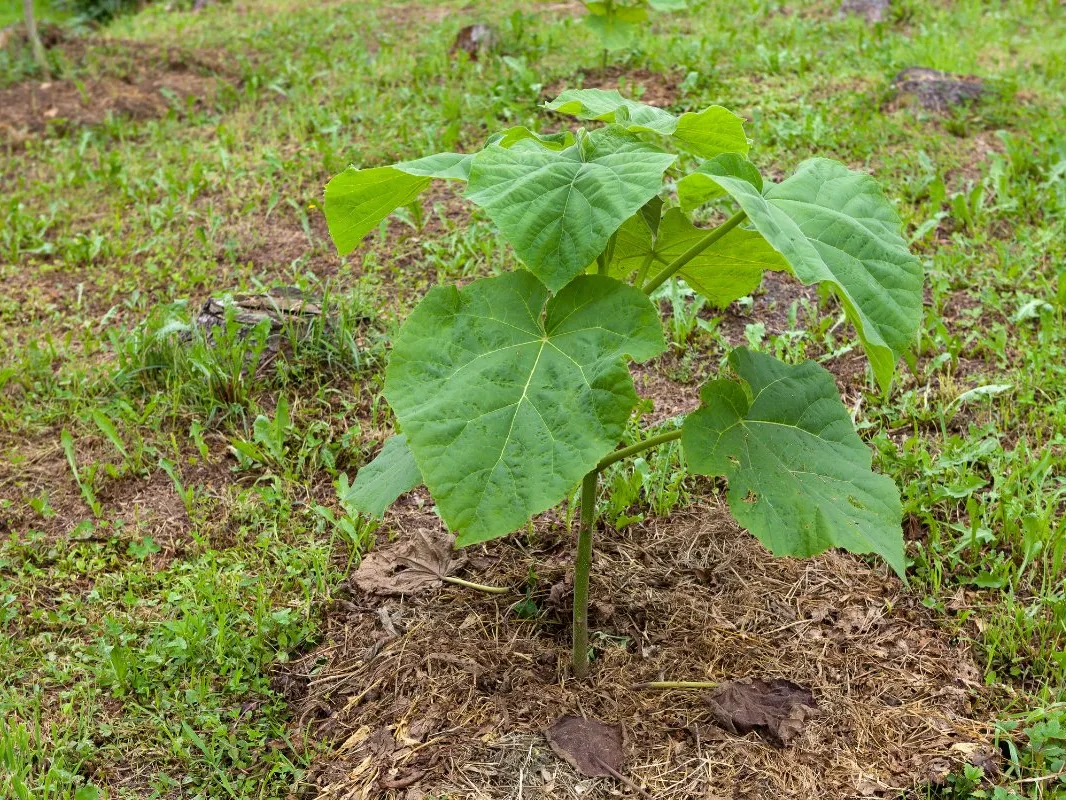
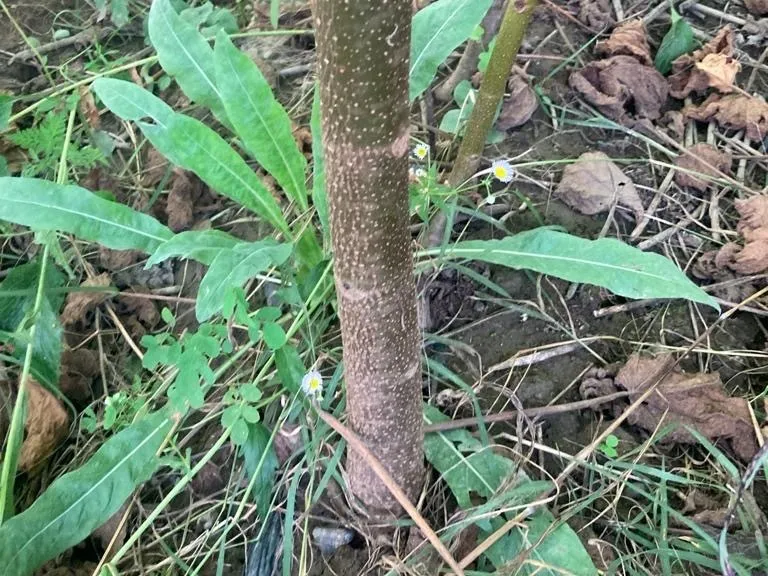
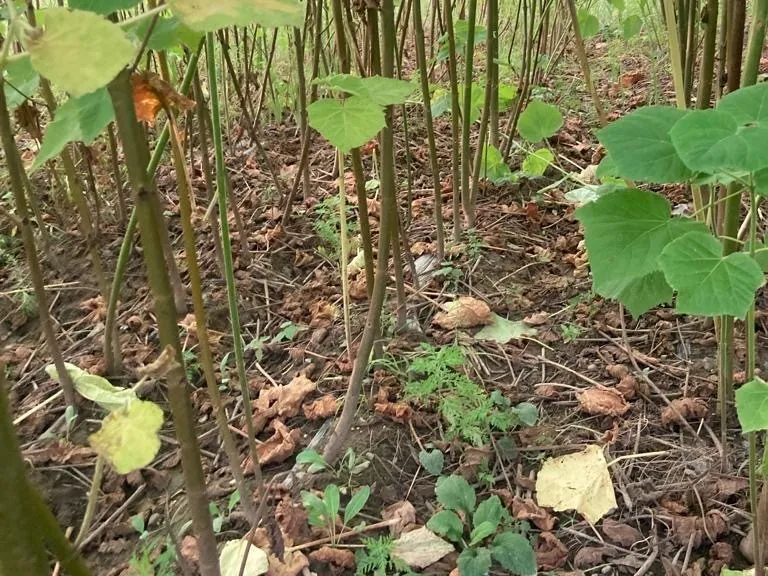
Paulownia Bos Deest in the media
Questions about addressing carbon emissions?
Do you have a question or do you want more information? Contact us for a free consultation.